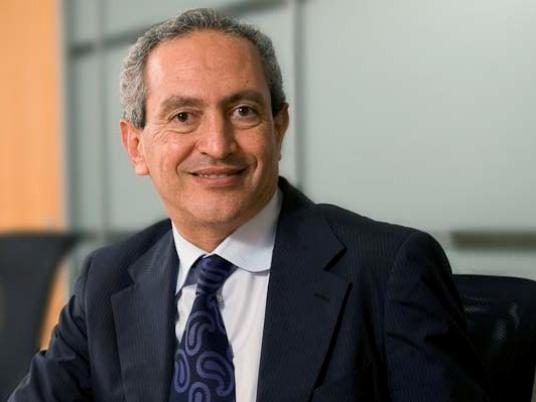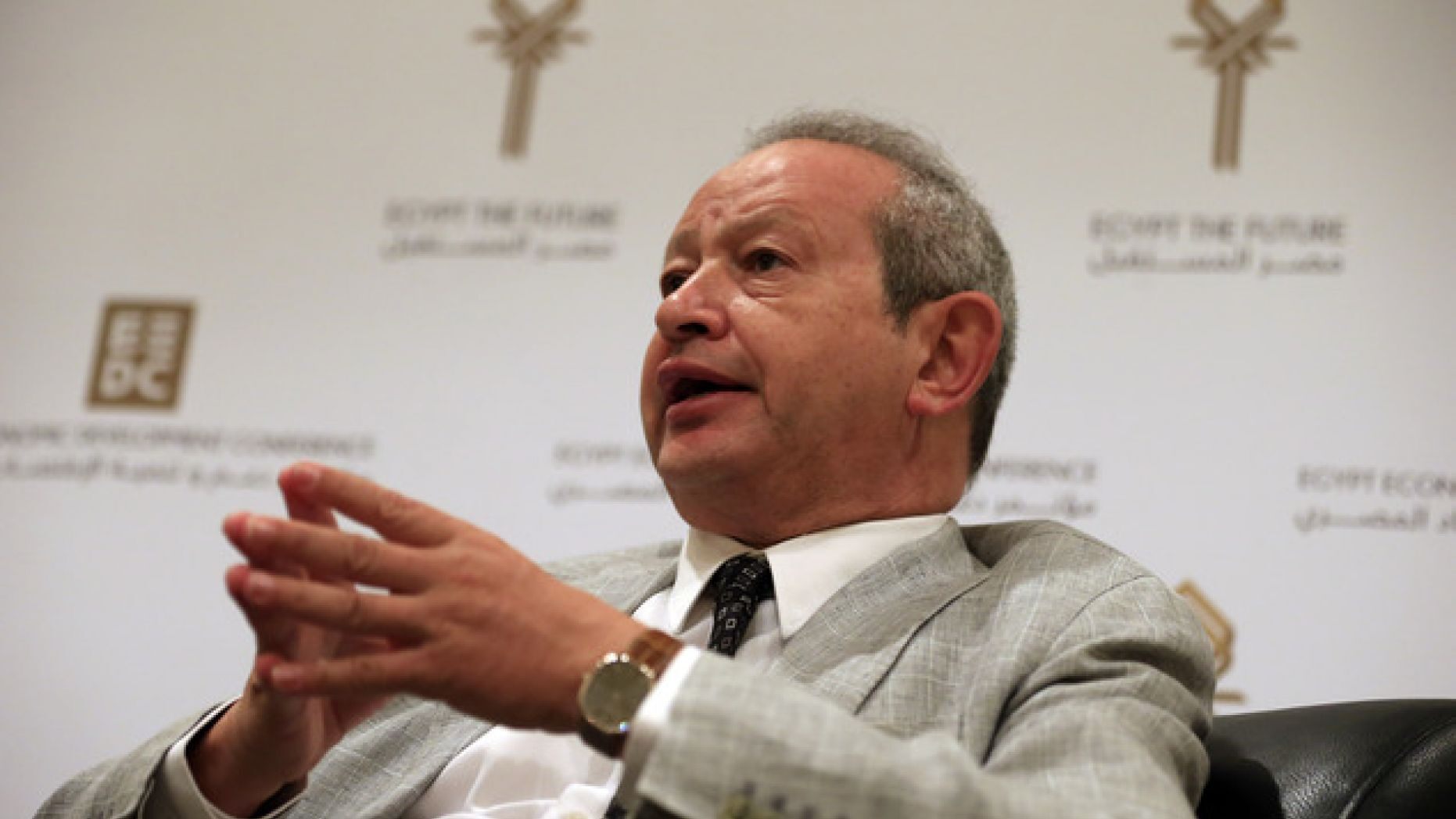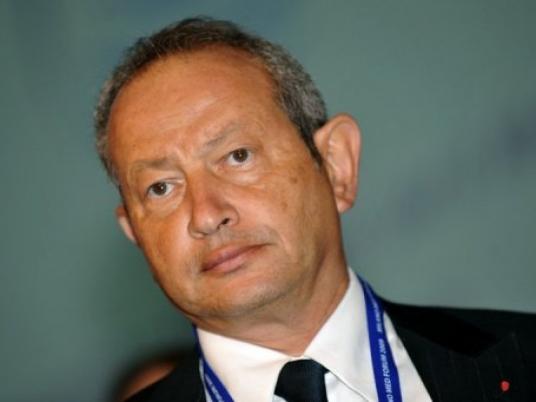
Orascom and a group of American investors, among them Microsoft giant Bill Gates, have set into motion a transaction set to transition Orascom Construction Industries into a Dutch company to be known as OCI N.V.
The transaction will involve a share exchange offer for all locally listed OCI stocks as well as those listed on foreign markets, known as Global Depository Receipts or (GDRs), by the new entity OCI N.V.
Shareholders of locally listed OCI stocks will also be given the choice to sell their share at a price of LE280. The company says Egyptian market regulators are required to approve the mandatory tender offer option for the locally owned OCI shares.
Around $2 billion in commitments have been secured, including $1 billion from US investors comprising Cascade Investment, which is wholly owned by Bill Gates, as well as Southeastern Asset Management, and Davis Selected Advisers, according to a statement from OCI.
OCI N.V. — the last part, an abbreviation of the Dutch term for a public limited liability company — will be based and listed in Holland, but will maintain business operations in Egypt, with Cairo as its headquarters for North Africa and the Middle East.
The Sawiris family, majority owners of OCI, will be represented as owners in the new company proportionate with shares they currently own, according to the statement. The Sawiris family currently holds 55 percent of all OCI shares.
While Orascom has trumpeted the transaction as a sign that foreign investment is returning to the country, traders say the deal will in essence move OCI outside Egypt and will likely delist it from the local market. As the company with the largest market cap, this would represent a significant loss to Egypt’s equity market, traders say.
“This transaction is proof of the existing international appetite to invest in Egypt and bodes well for the Egyptian economy with more than US$ 1 billion committed by US investors,” said Nassef Sawiris, the chief executive officer of OCI, in the company statement.
Sawiris said OCI’s existing Egyptian operational headquarters, assets, and 45,000 Egyptian employees comprising half of the group’s global employee base, will likely benefit from this expanded access to capital.
“We expect our new profile to positively impact the Group’s ability to expand in Egypt and pursue its growth strategy,” he said.
Traders told Egypt Independent, however, that the transaction will hurt Egypt’s equity market, which may lose a blue chip company that represents 20 percent of the index.
Notwithstanding, the benchmark index closed Sunday up 0.41 percent, after dropping in earlier in the week’s opening session.
Traders say what’s happening with this deal is that Egypt’s OCI will become a Dutch entity, listed on the Amsterdam market with the possibility of locally listing shares of OCI N.V. as Egyptian Depository Receipts. This means that local investors who can and indeed opt to keep their stocks will own foreign-listed shares.
They say this is Sawiris’ way of exiting the Egyptian market, where problems with tax authorities previously prevented him from moving forward with plans to split OCI into separate construction and fertilizer businesses.
OCI Egypt is a global nitrogen fertilizer producer and construction contractor, with projects and investments across Europe, the Americas, the Middle East, North Africa and Central Asia.
Setting up the company in Amsterdam will give Sawiris more control and allow for flexibility in the business.
As things stand now, 75 percent of OCI shares are in the form of Global Depository Receipts, with the Egypt listing representing 25 percent.
The Sawiris’ ownership is entirely in the form of GDRs, as is that of Abraaj Capital, which together total a 60 percent stake. Nassef Sawiris owns 28.8 percent, while Naguib and Onsi Sawiris own 17.4 percent and 9 percent, respectively. A fund managed by Abraaj Capital has a 6.1 percent stake.
The deal stipulates an immediate swap of the GDRs mainly listed on the London Stock Exchange, so that the Dutch entity is listed on the NYSE Euronext Amsterdam, a global stock exchange, starting from 25 January.
The company will then launch an American Depository Receipts program to list on the NYSE.
Egypt shares
The second part of the deal pertains to the remaining 25 percent of shares on the Egyptian bourse. According to the local capital market law, a change of ownership triggers a mandatory tender offer with a cash alternative for shareholders, priced in this deal at LE280, which is 5 percent higher than the stock’s value at Thursday’s close.
On Sunday, OCI’s stock rose almost 2 percent to LE271.70, from its opening price of LE267.17.
This cash alternative part of the stock swap offer is where the money from funds such as Cascade will come into play.
Not all clients who own OCI stocks will have the option to maintain their holding, however. Depending on their mandate, many investment funds will be forced to sell, including emerging market funds which will be forced to give up their stocks since the Dutch entity will no longer be considered an emerging market stock.
In addition, some Egyptian funds are only allowed to invest in local stocks and, in turn, will also be forced to give up their shares for cash even if they would prefer the swap.
And if not enough Egyptian investors decide to hold on to their stake, OCI N.V. will be compelled to delist from the Egyptian Exchange. Egyptian law stipulates that 5 percent of a company’s shares must be held by Egyptians for it to keep its listing on the local exchange.
If this happens, the Dutch-based company will only be able to have investments in the form of depository receipts, Wael Ziada, head of research at EFG Hermes, told Egypt Independent.
“A decision to delist Egypt will have to follow,” he said.
If this happens, the company will have to pay shareholders cash for their stocks and in doing so, will use the money from the foreign funds — which according to reports totals around $2 billion, with half of that coming from Cascade.
The amount will be converted into Egyptian pounds through the Central Bank of Egypt. Analysts say this makes it less of a direct investment in dollars into the Egyptian market, and more of a sizeable currency exchange transaction through the CBE.
Ziada estimated the foreign currency Egypt could gain from the transaction overall will not be more than $1 billion total, between money gained from shareholders opting to cash out now and those who cash out after the company has been set up in Amsterdam.
While the extra billion dollars may serve to prop foreign reserves, it will make a small dent in the amount needed to bring foreign reserves back to less than critical levels.
In the past two years, the government has burned through nearly $20 billion in foreign reserves in an effort to prop up the value of the Egyptian pound. In that period, total foreign reserves fell from $36 billion to $15 billion.
OCI, however, maintains that the transaction is a form of foreign direct investment, and will benefit the Egyptian economy.
It will mean the company has access to more capital and will be able to borrow at a lower rate because it will have access to the Eurobond market, said OCI Investor Relations Manager Omar Darwazah.
“This is a way for us to continue to raise more capital and come back and invest here in Egypt,” he said.
As for remaining listed on the Egyptian Exchange, Darwazah said the transaction needs to conclude before a proposed structure can be put in place for local trading.
Whether the company remains listed or not, he said, OCI will continue to pay the same amount of taxes, since the company will continue to have large operations running in the country. In Egypt, conglomerate companies such as OCI pay taxes on the subsidiary level as opposed to the holding or consolidated level.
Darwazah expected the mandatory tender offer to be formally submitted to the Financial Regulatory Authority by the end of this week or the beginning of the next, after which the authority is bound by law to either approve or disapprove the action.
If approved, the stock and GRD exchanges should take from four to six weeks, he said.
As for Bill Gates’ name being used as the lead in the consortium, a source who spoke on condition of anonymity says this is merely a publicity tactic. While Gates is one of the investors in the Cascade fund, he is one of many included in the consortium.
*This article has been updated. The original version stated that the transaction on a whole awaited the approval of Egyptian market regulators. The company, however, says that Egyptian market regulators are required to approve the mandatory tender offer option for the locally owned OCI shares, which part two of the transaction on a whole.




